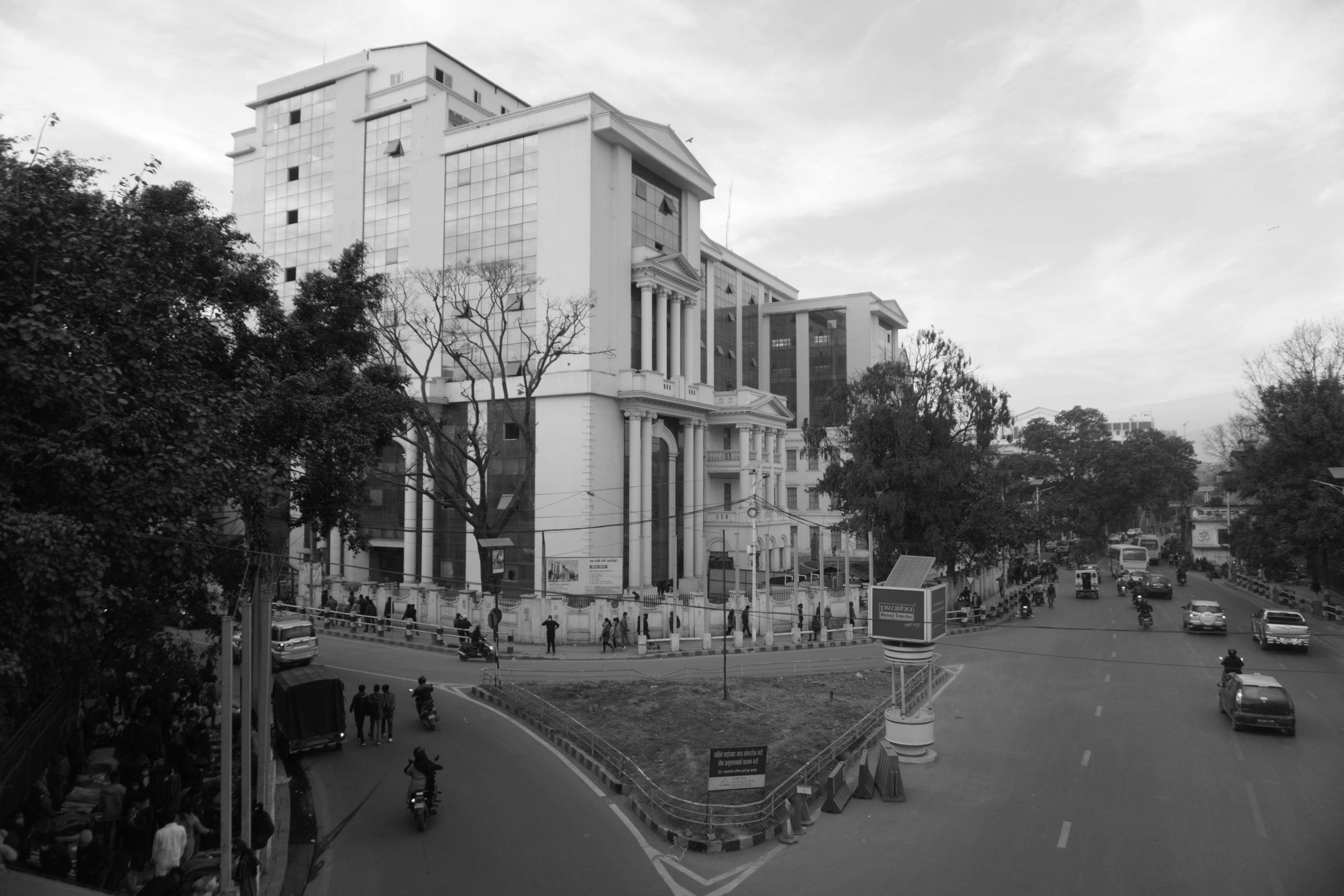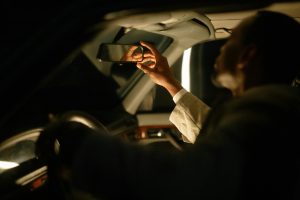Cultural Impact of Cars On Twentieth Century Society
The twentieth century brought about a multitude of technological advancements that greatly impacted society, but perhaps none more so than the introduction of cars. From the Ford Model T to the modern supercars, cars have become a symbol of status, freedom, and innovation. However, beyond the practical implications of cars, their cultural impact has been equally significant. In this article, we will delve into the cultural impact of cars on twentieth century society, exploring their influence on fashion, entertainment, and social conventions.
The Revolution of Transportation and Self-Expression
Before cars became readily available, the majority of people traveled by foot, horse-drawn carriages, or trains. However, with the arrival of cars, the concept of transportation was revolutionized. Suddenly, people had the freedom to travel at their own convenience, allowing for greater independence and exploration. This newfound freedom also extended to self-expression, as cars became more than just a mode of transportation, but a reflection of one’s personality and social status.
The Rise of Automobile Fashion
With the rise of cars, a whole new industry was born – automobile fashion. Just as fashion trends change with the times, so did car designs. In the early twentieth century, cars were bulky and utilitarian, focusing on functionality rather than aesthetics. However, with the introduction of streamlined designs and flashy colors, cars became a symbol of modernity and style.
Moreover, cars played a significant role in propelling the fashion industry, as they became the backdrop for photo shoots and advertisements. From the iconic car ads featuring models in elegant attire to the depiction of fast cars in film and media, cars and fashion became deeply intertwined, influencing each other in style and design.
The Impact on Entertainment
Cars also played a central role in the evolution of the entertainment industry. The popularity of car races and rallies, such as the famous Monte Carlo Rally, attracted millions of spectators and contributed to the development of motorsports. This, in turn, led to the production of car-themed films and TV shows, further cementing the cultural significance of cars in twentieth century society.
Furthermore, the rise of drive-in cinemas and cruising culture in the 1950s and 1960s became a symbol of teenage rebellion and freedom. These social gatherings allowed for young people to socialize, listen to music, and show off their cars, all while adhering to societal norms of the time. This gave way to the birth of car clubs, such as the Hot Rod Association, that fostered a sense of community and camaraderie among car enthusiasts.
Reimagining Social Conventions
The impact of cars was not limited to the fashion and entertainment industries, but also had a profound effect on social conventions. Prior to cars, social interactions were primarily limited to one’s immediate surroundings. However, with the introduction of cars, people had the means to travel outside their communities, leading to new social conventions and relationships.
Cars also played a significant role in redefining the concept of privacy. With the advent of cars, courting and dating practices evolved, allowing couples to experience a sense of intimacy and freedom away from the prying eyes of chaperones. This shift in social norms was further accelerated by the popularization of road trips, allowing people to explore new destinations and create lifelong memories.
Concluding Thoughts
The cultural impact of cars on twentieth century society is undeniable. From their influence on fashion and entertainment to the reimagining of social conventions, cars have played an integral role in shaping our society. While their practicality and convenience continue to be paramount, it is the cultural significance of cars that has truly stood the test of time.
As we move further into the twenty-first century, it is evident that cars will continue to be an integral part of our culture, constantly adapting and evolving to reflect the changing times. From the streets of bustling cities to the wide-open roads of the countryside, cars have become a symbol of innovation, freedom, and self-expression, solidifying their place in history as one of the most transformative inventions of the twentieth century.










